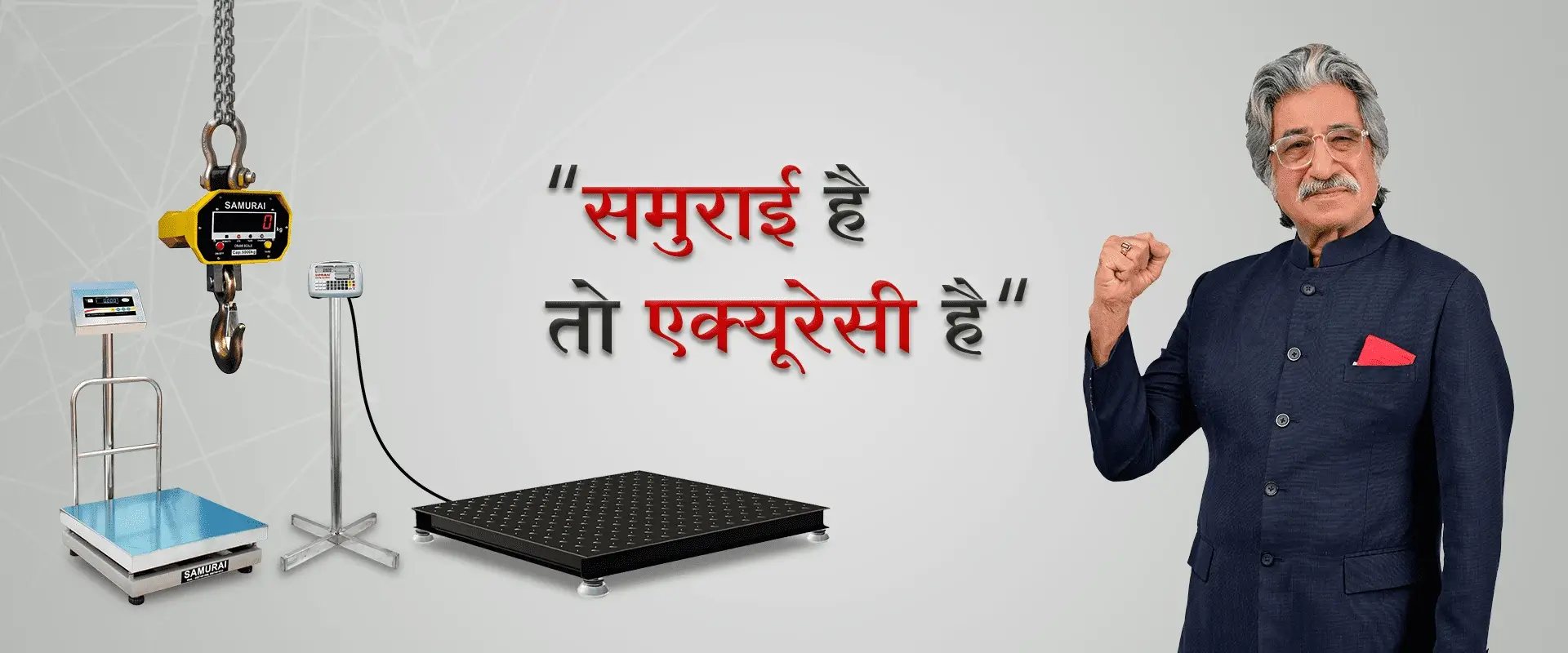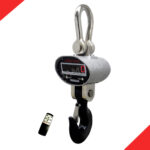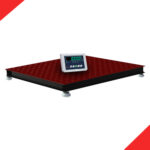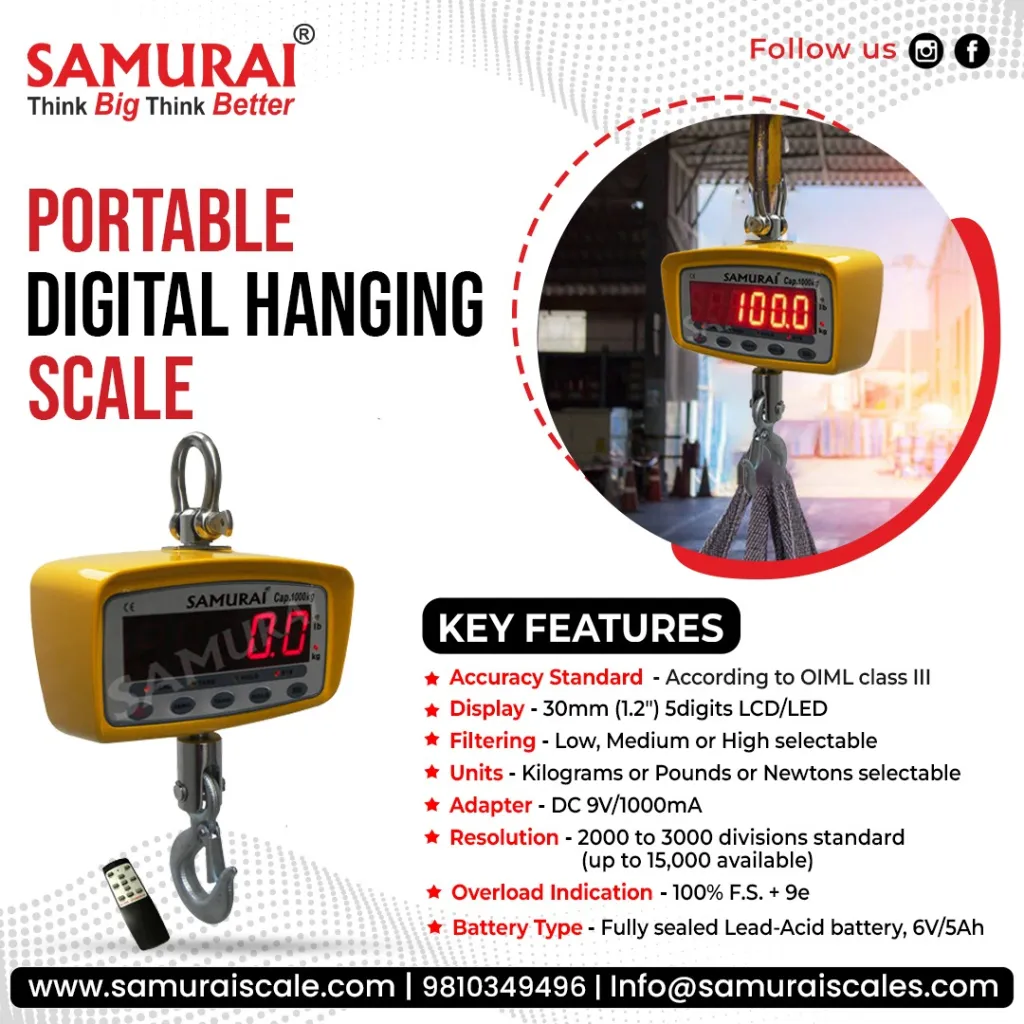Common Factors Affecting Your Weighing Scale Accuracy
Weighing scales are used in several industries and businesses for measuring different types of loads. There are different types of Havey Weighing Scales that are used for weight measurement, including heavy weighing scales, electronic weight machines, laboratory scales, hanging scales, and many more. All the weighing machine manufacturers claim that these scales always offer highly precise weight measurements. However, if not taking a few things into consideration, one might not get an accurate weight measurement.
We know that several applications require highly precise measurements without any scope of errors. When measuring the weight of parcels or shipment loads on a heavy weighing scale, an accurate result is important to calculate charges and to match the weight criteria. It is one of the reasons why it is recommended to buy these weighing scales from the best-weighing machine manufacturers like Samurai Scale. But other than this, one must also consider the factors we are sharing below to avoid mistakes in weight measurement.
Accuracy of the load cells
Load cells play a crucial role in measuring the weight of any object as they help in determining the mechanical force when the product is placed on the weighing scale. They consist of a load sensor, which helps in determining the mechanical force, and it then bends and transforms this force into electrical signals. Right from the response time of the load cells to the repeated measurement of the same load capacity, one must consider all these things when measuring weight.
Heavy capacity weight loading
It is always advised to measure heavy loads using a heavy weighing scale only. However, to avoid investing in heavy weighing machines, people often utilize industrial or low-weight measurement scales for the same purpose. Bearing such heavy loads is not possible for them, and they end up giving inaccurate measurements due to shock loading. In some cases, the weighing machine also gets damaged or starts reflecting errors on the weight measurement scale.
Change in temperature
Don’t get surprised by how temperature can affect weight accuracy. The change in temperature can cause the contraction or expansion of load cells, affecting the overall weight measurement. It is advisable to store weighing machines in a place where they do not get affected by changes in temperature. They should not be kept under direct sunlight or outside when not in use.
Other than these factors, several other factors do affect the accuracy during weight measurement, like interference with the transmission of signals, air pressure, wind loading, unclean scales, load factors, and a few more. One must keep these factors in mind, including the most important is buying weighing scales from the top and certified manufacturers like Samurai Scale. The brand is known to produce different types of weighing scales, including heavy weighing scales, counting scales, crane scales, platform scales, and many more.




